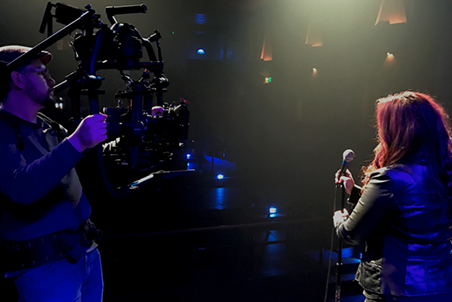In the cultural anthropology track, you'll apply anthropological analyses and methodologies to pressing global issues of human rights and under-development. The cultural anthropology concentration is a flexible program which aims to provide students with both theoretical and applied skill sets.
Geographical strengths within the department include the American Southwest, Southeast Asia/Indonesia, and Latin America.
A rich combination of tailored coursework and practical experience from an internship, field school or methods will prepare you for work as a cultural anthropologist.

Featured Faculty



Featured Courses
ANTH 4200
Native North America
About this Course
This class focuses on Native North America and is intended to provide an approach to understanding events and processes that have shaped and continue to influence the Indigenous Peoples of Turtle Island. Emphasis is placed on the period following the creation of the United States and Canada and especially on the latter half of the 20th Century, in which Indians mounted increasingly vocal efforts to retake control of their lives and destinies. These efforts will be seen in the light of colonial history, forced acculturation, struggles over resource ownership and management, internal colonialism, and the challenges of Indians' multiple citizenship of the United States and in one or more domestic dependent sovereign nations. Topics include social change; ecological exploitation; Indians in popular culture; gender issues; the power of ritual; struggles for sovereignty and protection of indigenous homelands; identity, assimilation and ethnic conflict.
ANTH 3640
Race and Human Evolution
About this Course
Examines the history of thought about the nature and evolution of human racial differences and sexual characteristics, from the mid-19th century to the present day. Considers scientific and poplar models for explaining the evolution of racial differences, male-female reproductive behavior and gender roles. These models are examined in light of comparative primate data, ethnographic data and the material record of human evolution.
ANTH 4320
Medical Anthropology
About this Course
This course is an introduction to medical anthropology. As a professional and academic field, medical anthropology provides conceptual and analytical tools for a comprehensive understanding of health, illness and healing. It is concerned with the ways in which individual experience is inserted in social and historical contexts and it explores ideas and behaviors related to health in different societies and social groups, as well as the ways in which different groups organize their resources to face health-related needs in the context of their social and economic realities.




